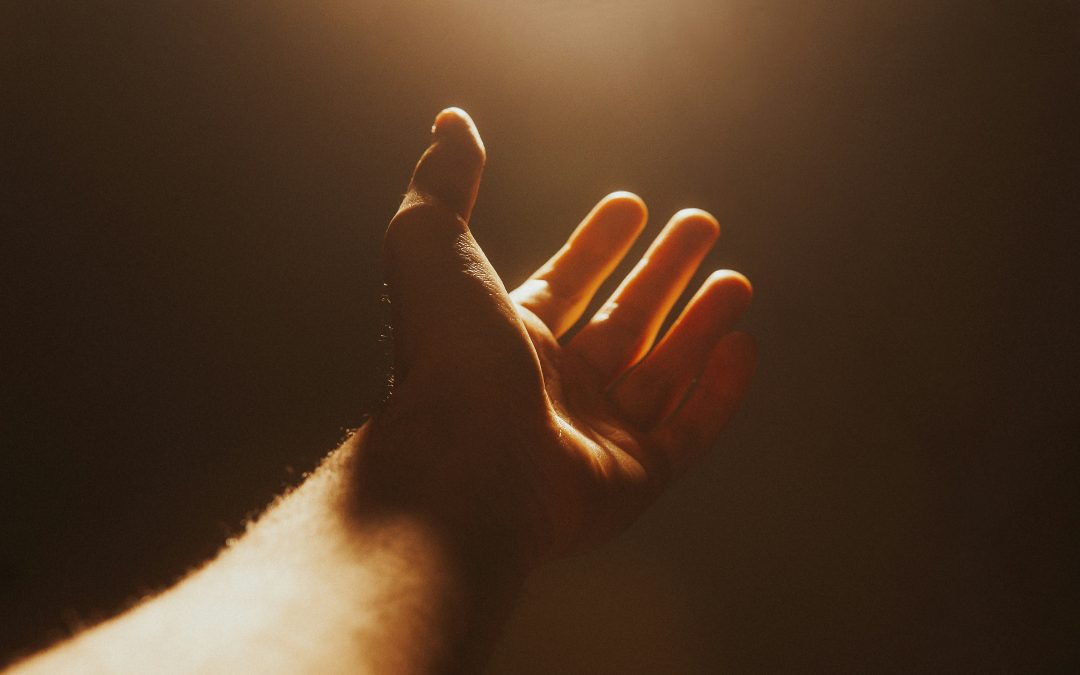Do you believe in the existence of God, an Almighty Being? What would you say is your purpose in life, on this planet? How would you like to be treated by others?
In a world in which many people show materialistic, selfish and narcissistic tendencies, prayer seems to be a rarity. An article on a web site mentions that about three in every ten adults in America claim to have no affiliation to any religion. That was in 2021; this figure has drastically risen since then.
These “nones” as they are known, can be atheists, agnostics or those who do not believe in anything particular. They don’t identify themselves as being part of any world religion, but often consider themselves to be “spiritual” rather than “religious”. In fact, many spiritual people are far more tolerant than hardcore religious types who view life and decisions only in black and white, with zero shades in-between.
The findings of the Pew Research Center in America concluded that nones believe that religion causes division and intolerance and encourages superstition and illogical thinking, but 58 percent also say religion helps society by giving people meaning and purpose.
If nones are no threat to anybody who practises a religion, and if they are comfortable with living without believing in a Higher Power or God, then who are we to condemn them? As long as they pose no peril to anybody’s existence or their beliefs, they should be neither threatened nor judged.
Prayer, not religion, in any case, is something personal. It is a means of direct communication between you and your Creator. Nobody can prescribe to anybody what shape prayer should take; how it should be performed; in what language it should be uttered. The Almighty is omnipotent; prayer in any shape, manner or semantics will surely be understood.
So often we pray and wait for our prayers to be answered. We entreat and beseech the Almighty for something; plead for the safety of a loved one; beg the Almighty to divert some disaster from us or our loved ones, and we unintentionally commit one fallacy. We so often forget that once we’ve made the prayer, we should accept that it has been accepted.
Instead, we torment ourselves for days on end, for interminable night after miserable night, waiting for the prayer to be answered. That is not how it should be. Belief should dictate that once you’ve raised your hands in prayer, or prostrated in obeisance, or placed palm against palm in sincere imploration, you must accept that your prayer has not only been heard, but that it has already been answered. Of course, frivolous or insincere prayer does not fall in this category. Only prayers that stem from a remorseful or earnest or sorrowful or honest heart can be considered to have been granted.
The best kind of prayer that you can make, and which often brings about the most miracles, are those you make for others. For it is said that when you pray for others, the angels pray for you. It matters not if nones are non-religious; what matters is the intention in their hearts. They might, in all probability, also pray for themselves and others, but perhaps their prayers are less orthodox.
The world we inhabit is a challenging one. It can easily break us and leave us adrift as so much flotsam and jetsam cast away by an uncaring ocean of fellow travellers. If we could learn to be more tolerant, less judgmental and simply live to be kind, we could change the world into an earthly paradise.
Image: Jackson David (www.unsplash.com)




